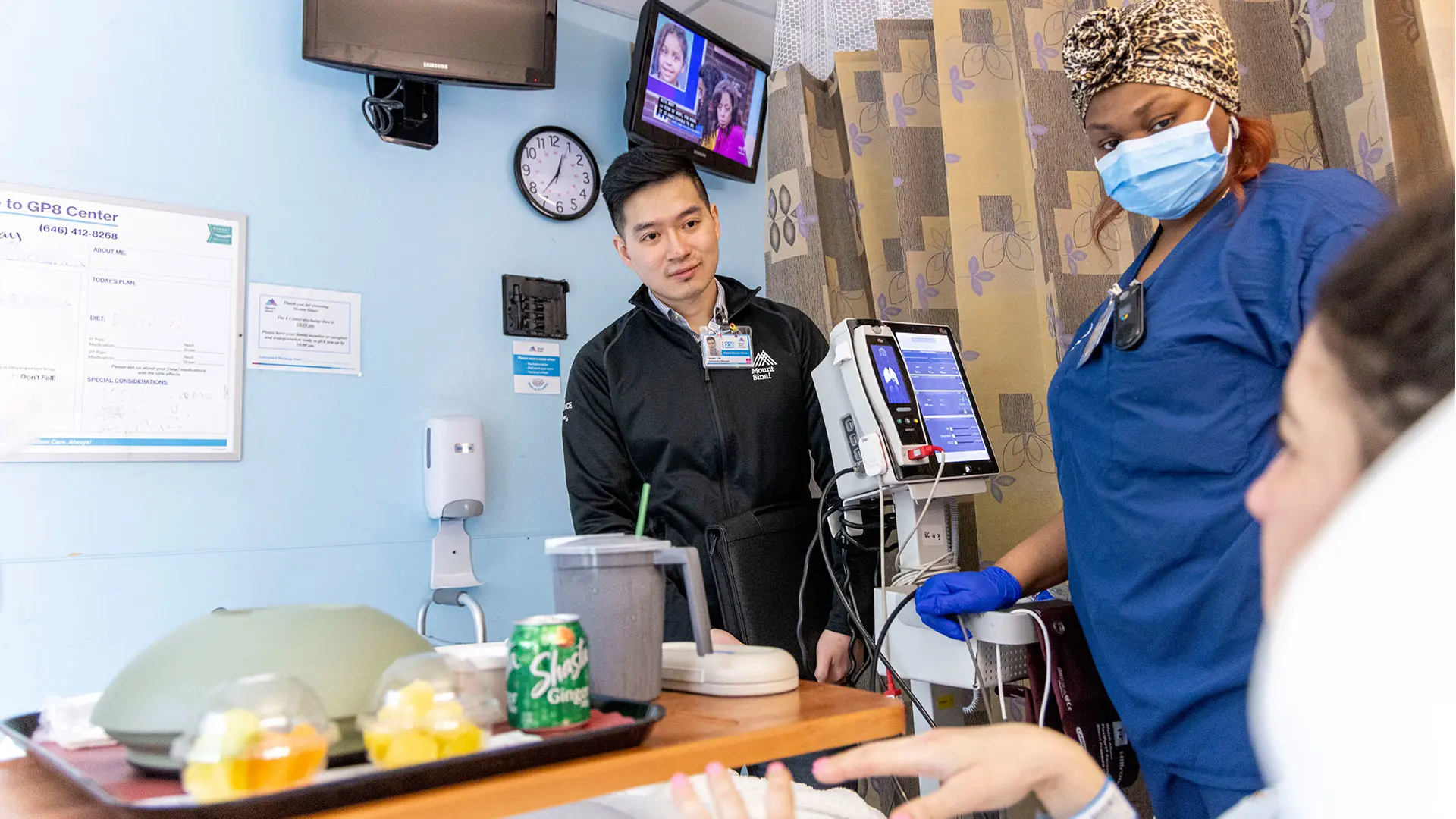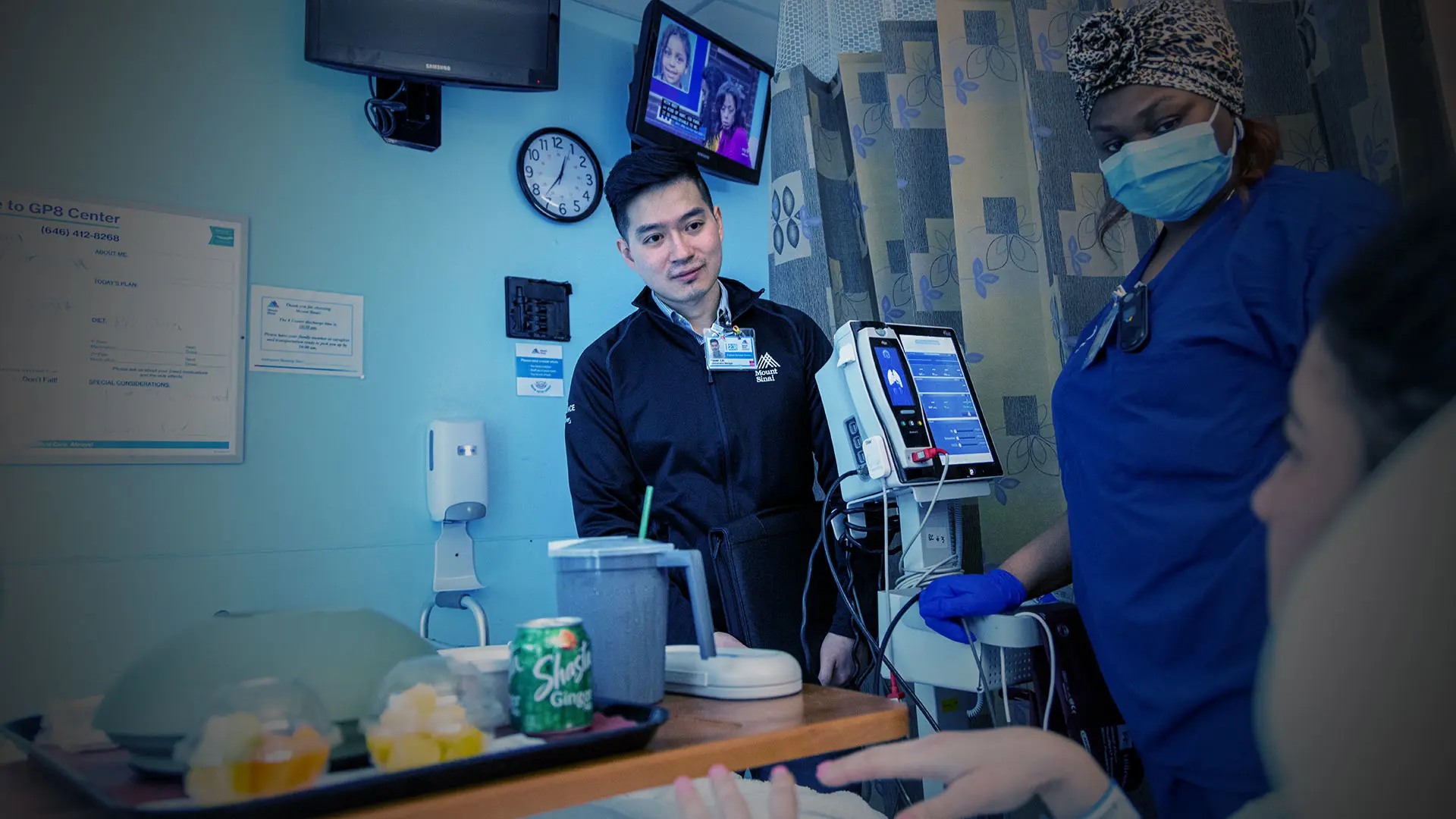Starting in January 2021, the Patient Relations team at The Mount Sinai Hospital has used predictive modeling to identify patients who are most likely to have a suboptimal experience. Predictive modeling creates a richer picture of the individual patient and targets proactive interventions with underrepresented patients, says Robbie Freeman, RN, MSN, NE-BC, Vice President of Digital Experience, and Chief Nursing Informatics Officer at the Mount Sinai Health System.
This modeling also serves as a window into the future, so providers can be primed to tackle challenges, and it provides actionable insights about a patient’s future health care needs. Developed by the Clinical Innovation team, the model allows teams to proactively round with identified patients, to respond to patient concerns in real time, and remind patients to complete surveys post-discharge. A robust partnership with the Office for Diversity and Inclusion has been critical in driving this work forward.
“Our model showcases the potential for artificial intelligence (AI) and machine learning to enhance care and the patient experience. By proactively detecting patients who may face disparities or challenges in their health care journey, the model enables proactive rounding to address challenges in a timely manner,” Mr. Freeman says. “Ultimately, the use of such AI-driven technology not only enhances overall patient experience but also plays a crucial role in reducing health care disparities and promoting equitable access to quality care.”

Yixuan “Stephen” Lin, Administrative Manager for the Patient Relations team, making rounds at The Mount Sinai Hospital.
In the predictive modeling system used by Patient Relations, an algorithm determines patients to visit based on demographics, including number of prior hospital visits, comorbidities, current length of stay, and type of admission. The algorithm also ensures that patients from diverse races and ethnicities are visited.
"To me this work represents a way that we have set our equity goals into action," says Erica Rubinstein, MS, LCSW, CPXP, Vice President, Service Excellence and Patient Experience. "Ensuring that we use our resources towards hearing from our most underrepresented patients and elevating their voices is so critical to the mission and vision of our work in Patient Experience as well as to the goals of our Health System as it strives towards equity."
From January through September, The Mount Sinai Hospital Patient Relations team has visited an average of 155 patients per month. Preliminary survey data shows patients who were visited by the team were more likely to respond to the survey.
“The majority of our patient interactions occur in the context of care complaints, after a poor experience has already occurred,” says Yixuan “Stephen” Lin, Administrative Manager for the Patient Relations team. “Predictive analytic rounds, and the other rounds the Patient Relations team performs, allow us to make contact with the patient before any complaints have occurred. This allows the team the opportunity to hear positive feedback from the patients about their care, and to help address any minor issues before they escalate into something more concerning."
When health care providers are looking at data, dissecting core metrics by race, ethnicity, education, ZIP code, it shines a light on disparities in the care that staff members deliver and the perceptions of that care, Mr. Freeman says. This work to learn more about how individuals and groups are impacted by disease and illness—and the role that factors like race and environment play—is critical to advancing equity, supporting high-quality care, and reducing negative patient outcomes.
In the patients' own words
"The doctor was very nice, and she even spoke to me in my first language (Spanish), which I highly appreciate because it made me feel comfortable. Thanks!"
– Patient at Mount Sinai Doctors–Williamsburg
